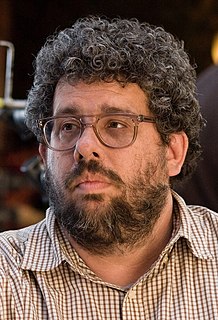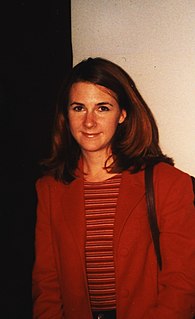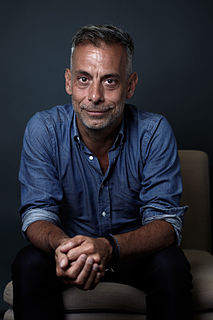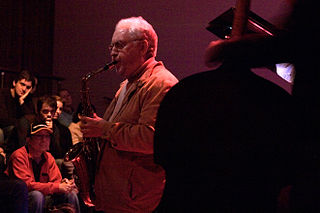A Quote by Hilary Hahn
If you start censoring what you're interested in for the audience, you don't give the audience enough credit.
Related Quotes
An aspiring comedian must be determined to get to his or her true feelings on a subject and convey that to the audience. Figure out what you're feeling or interested in because the goal is to get the audience interested in what you're interested in. Good stand up comedy is drawing people into your head.

































